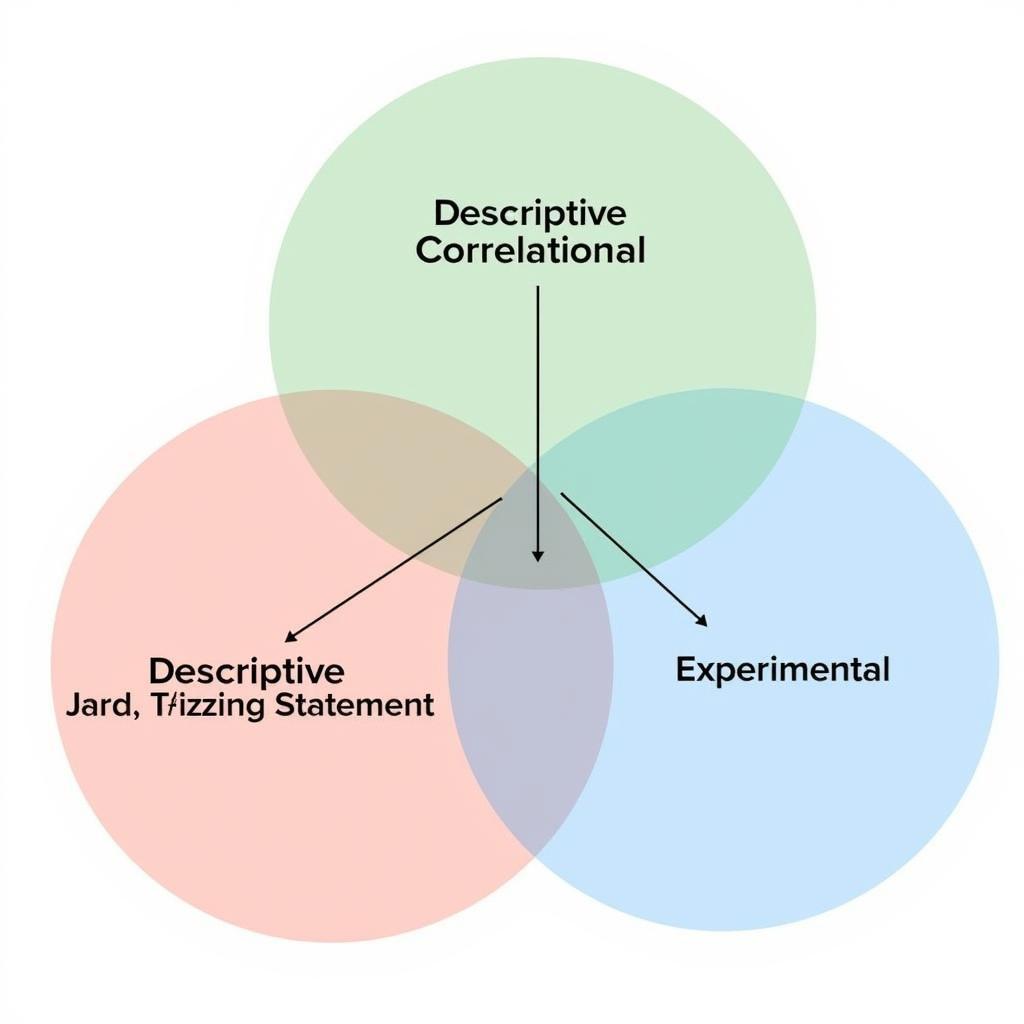Delving into the unknown often begins with a single question, a burning curiosity that ignites the flames of inquiry. A well-defined purpose statement acts as the compass guiding your research, illuminating the path towards unraveling the mysteries that lie ahead. Whether you’re exploring the ethereal realm of paranormal phenomena or investigating tangible scientific concepts, a clear and concise purpose statement is paramount to achieving meaningful results.
The Heart of Your Research: Defining the Purpose Statement
At its core, a Purpose Statement For Research articulates the “why” behind your investigation. It goes beyond simply stating your topic; it delves into the heart of the issue, outlining the specific goals you aim to achieve and the impact your findings could have.
Why is a Strong Purpose Statement Crucial?
A robust purpose statement acts as the cornerstone of your research, providing numerous benefits:
- Clarity and Focus: It provides a clear roadmap, preventing you from veering off course and ensuring your efforts remain aligned with your central objective.
- Justification for Your Research: It convincingly conveys the significance of your study, demonstrating its potential value to the field and beyond.
- Foundation for Methodology: It informs your choice of research methods and guides your data collection and analysis strategies.
- Communication Tool: It effectively communicates the essence of your research to your audience, whether they are fellow scholars, potential funders, or the general public.
Essential Elements of an Effective Purpose Statement
Crafting a powerful purpose statement involves incorporating key elements:
- Target Audience: Clearly identify who will benefit from your research findings.
- Research Problem: Concisely state the issue or question your research addresses.
- Variables: Specify the key factors involved and their potential relationships.
- Methodology: Briefly mention the approaches you will employ in your investigation.
- Significance: Emphasize the potential impact and contribution of your research.
Navigating the Nuances: Types of Purpose Statements
Depending on the nature of your research, your purpose statement might take different forms:
- Descriptive: Aims to explore and describe a phenomenon, often used in qualitative studies.
- Correlational: Seeks to identify relationships between variables without establishing causality.
- Experimental: Tests a hypothesis by manipulating variables and measuring the effects.
 Different types of purpose statements in research
Different types of purpose statements in research
Crafting Your Purpose Statement: A Step-by-Step Guide
- Identify Your Research Area: Pinpoint the specific subject within the broader field that intrigues you.
- Conduct a Preliminary Literature Review: Explore existing research to understand the current state of knowledge and identify gaps your study could address.
- Formulate Your Research Question: Transform your initial curiosity into a clear and concise question that your research aims to answer.
- Refine and Polish: Ensure your purpose statement is concise, specific, and free of jargon. Seek feedback from peers or mentors to strengthen its clarity and impact.
Examples of Purpose Statements in Paranormal Research
Let’s consider some examples within the realm of paranormal investigation:
-
Descriptive: “This research aims to explore and document the reported experiences of individuals claiming to have encountered shadow figures, analyzing common themes and patterns in their accounts.” statement of research purpose
-
Correlational: “This study will investigate the potential relationship between electromagnetic field fluctuations and reported paranormal activity in allegedly haunted locations.”
-
Experimental: “This research will employ controlled experiments to test the hypothesis that human intention can influence the outcome of random number generators, exploring potential connections to psychokinesis.”
Conclusion: Setting Your Research Journey in Motion
Crafting a compelling purpose statement is an essential first step in any research endeavor, especially when venturing into the enigmatic world of the paranormal. By clearly articulating your research goals, you set the stage for a focused, impactful, and ultimately successful investigation. Remember, your purpose statement is not set in stone; it can evolve alongside your research as you delve deeper into the mysteries you seek to unravel.